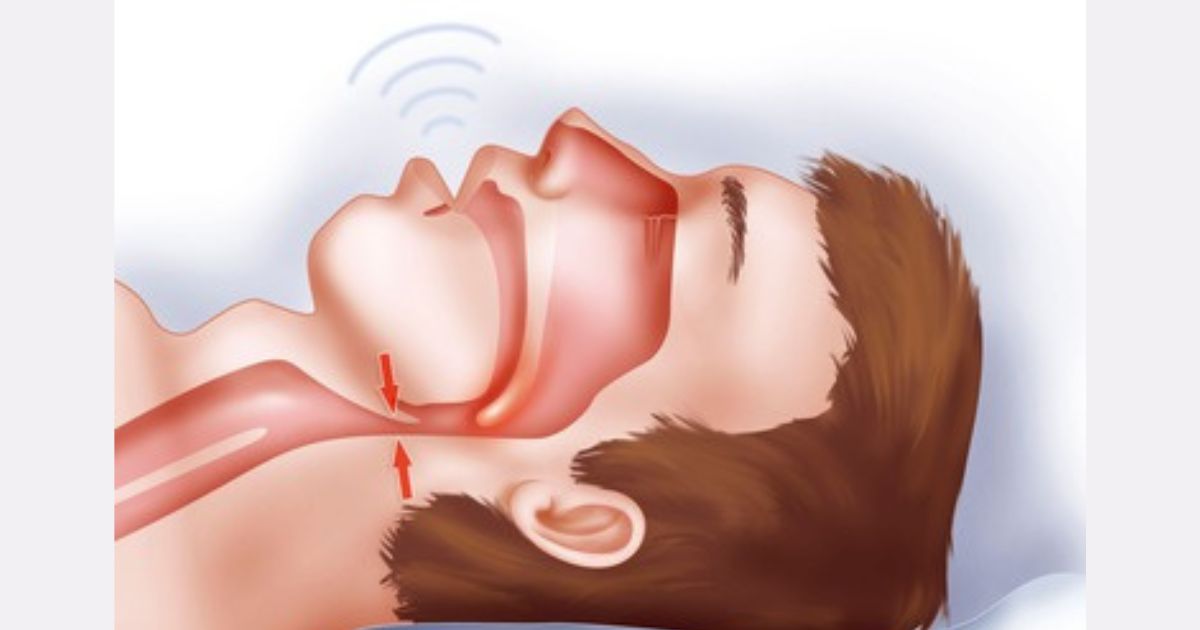In a groundbreaking study led by Columbia University, researchers reveal that positive relationships with parents and other adults during childhood play a crucial role in shaping better mental health outcomes in adulthood, even in the face of adverse childhood experiences (ACEs).
The study, published in JAMA Psychiatry on December 27, 2023, emphasizes the significance of nurturing connections for marginalized and minoritized youth, shedding light on sociocultural factors that act as resilience buffers against mental disorders.
Understanding the Link between Positive Adult Bonds and Mental Health
The research, drawing data from the Boricua Youth Study (BYS), involved analyzing information from 2,000 participants of Puerto Rican descent over 20 years. The study identified a strong correlation between positive adult-child relationships during childhood and reduced risks of depression, anxiety, and stress in young adulthood.
Lead study author, Dr. Sara VanBronkhorst, MD, MPH, expressed the importance of warm, nurturing relationships, stating, “For kids, an extremely important resilience factor is a warm, nurturing relationship with a parent, caregiver, or other adult.” The findings suggest that fostering supportive adult connections in childhood can yield long-term benefits, mitigating the sociocultural risk of mental disorders.
Unraveling the Sociocultural Factors of Resilience
The research delved into identifying markers of resilience by assessing seven sociocultural factors associated with positive outcomes. These factors included social relationships such as maternal warmth and friendships, as well as sources of meaning like familism and family religiosity.
Surprisingly, the study uncovered that family religiosity, often presumed to be protective, was associated with increased perceived stress among young adults who had experienced high ACEs. Dr. VanBronkhorst pointed out that this unexpected finding could be linked to the higher levels of shame and guilt experienced by religious families concerning ACEs, such as parental substance use or incarceration.
Implications for Mental Health Interventions
The study’s findings underscore the need for interventions that prioritize building supportive relationships for children facing adversity. Dr. Cristiane Duarte, the Ruane Professor for the Implementation of Science for Child & Adolescent Mental Health at Columbia and senior author of the paper, highlighted the importance of looking beyond traditional predictors of resilience.
Dr. Duarte emphasized, “We may need to look beyond traditional predictors of resilience. Future studies could look at the roles, for example, of financial resources, racism, and social equity on resilience.” The study recognizes that resilience is a process, and children and caregivers need access to resources that foster strong, responsive relationships and meaningful experiences.
Addressing Challenges in Implementation
Dr. VanBronkhorst, who works as a child and adolescent psychiatrist at Network180, a community mental health clinic, acknowledged the challenges parents face in forming positive relationships with their children amid high ACEs. She emphasized the importance of supporting parents through parenting classes and family therapy, as well as educating teachers and community members.
The study advocates for larger, structural interventions that address the root causes of adversities and stress, hindering adults from forming bonds that can buffer children from stress. Dr. Duarte concluded, “Resilience is a process. To engage in this process, children and caregivers need access to resources in their environment that foster strong, responsive relationships and meaningful experiences.”
Looking Ahead
As the study prompts a reevaluation of traditional predictors of resilience, it also opens the door for future research to explore additional factors influencing mental health outcomes. The Columbia University study contributes valuable insights to the ongoing conversation about mental health, resilience, and the role of supportive relationships in shaping the well-being of marginalized and minoritized youth.








Leave a Reply
You must be logged in to post a comment.